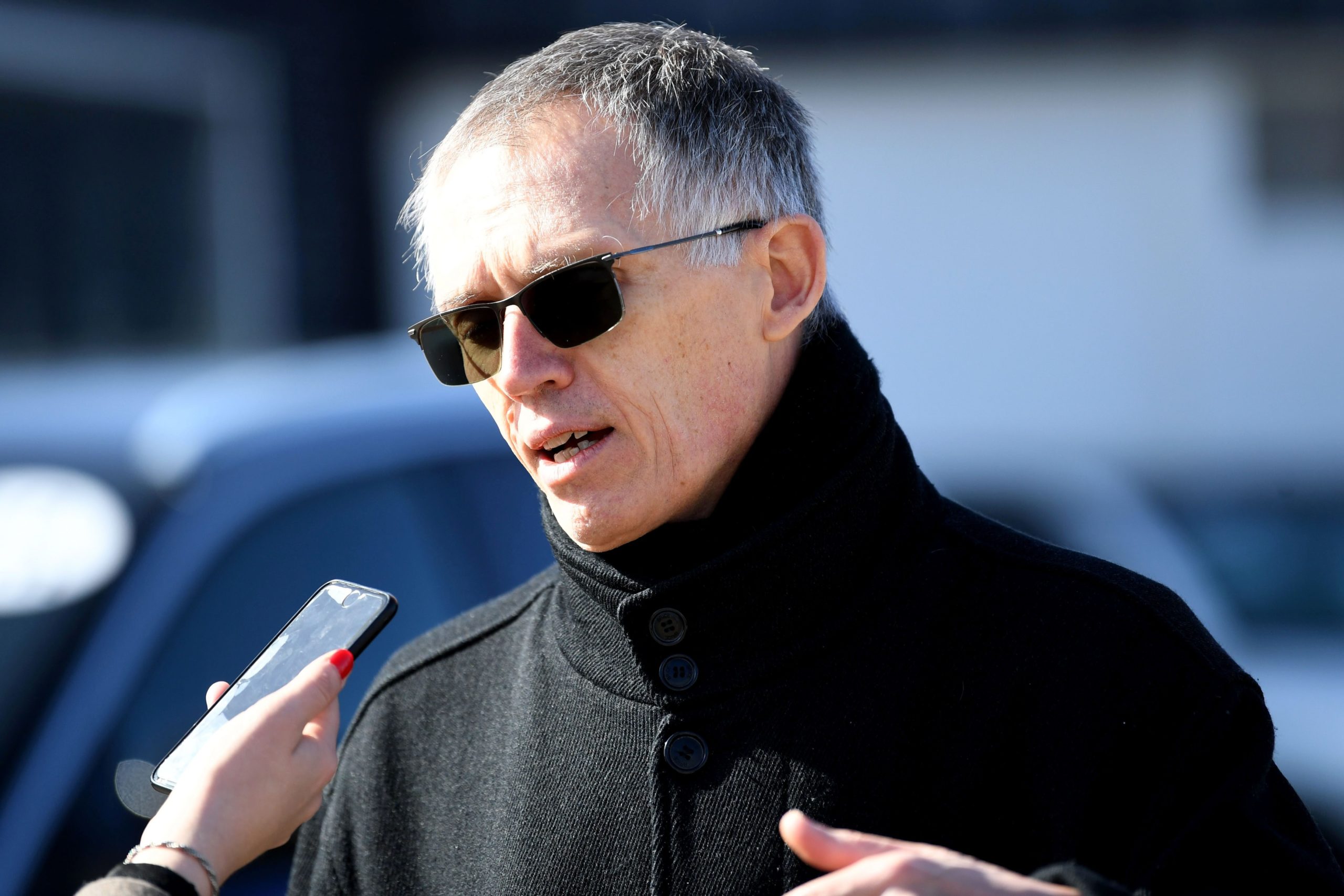
Stellantis CEO Tavares: ‘We will save our brands and our jobs’

Carlos Tavares, CEO of Stellantis, has outlined the plans of the new group /MaxPPP
With his first press conference in a very austere setting, Carlos Tavares, the newly appointed CEO of the Stellantis PSA/FCA merger, outline


Comments
Ready to join the conversation?
You must be an active subscriber to leave a comment.
Subscribe Today